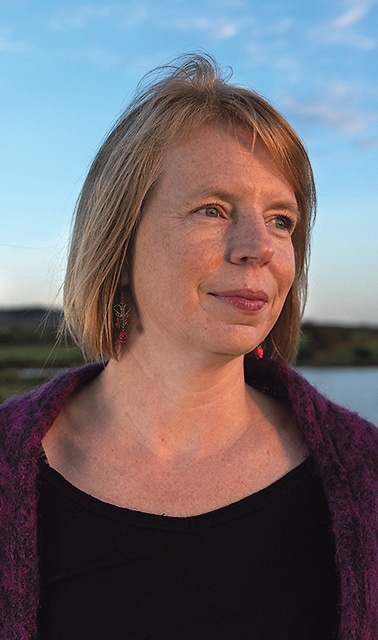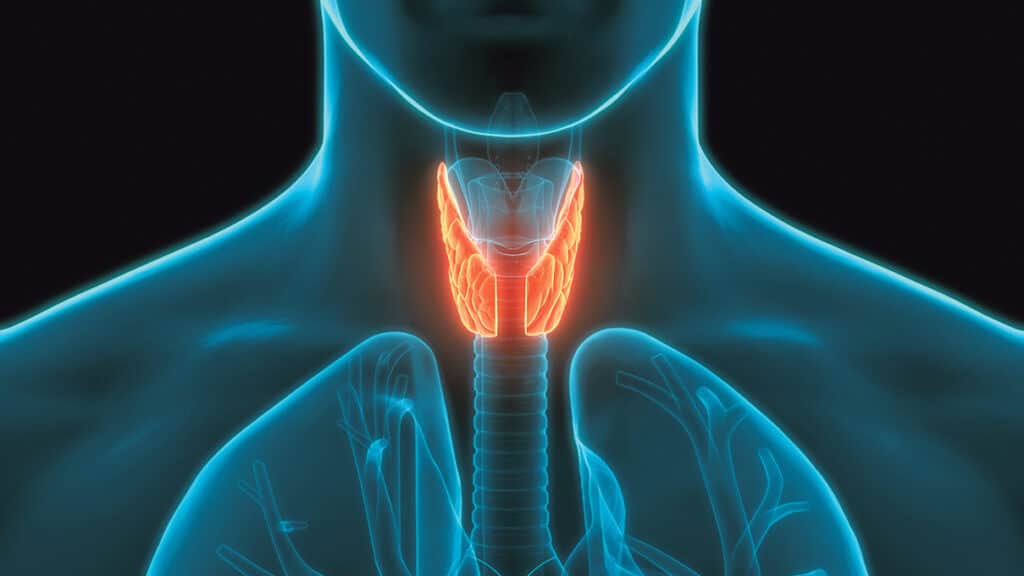
End of Life Matters
End of life Doula Melissa Murphy, a companion, guide and resource supporting our community in end of life matters.
www.starsbeyondourskin.com
It’s been a number of years since I’ve visited this place. Most say they wouldn’t wish to be in a care home, fearing even the prospect of it, but this one has always seemed quiet, relatively intimate, spotless as far as facilities go – and I’ve been inside many. I’m relieved to see some familiar and attentive staff are still here post-pandemic. A huge fair play to them, I think, having worked in one myself once, lasting only a year as a long term care social worker.
I find Dave in a sitting room adjacent to the large picture window. It’s immediately clear he’s just savoured a striking winter sunset over Berehaven – the harbour that lies between Bere Island and mainland Castletownbere. The setting is another unique asset of this facility. At his request, the lights are off in the room so as to appreciate the illuminating evening sky before us. This is my first time meeting him since our brief video call yesterday; organised with the support of his primary carer. He’s handsome, stylishly and comfortably dressed from top to toe, wide eyed. He takes my hand, holds it for a couple of moments, pats it. He’s non-verbal due to years of a serious progressive illness, but his energy feels large in the room; generous and welcoming. I imagine he’s had a particularly long couple of days. He’s with a palliative care nurse.
I pause; apologising for any interruption; offering to wait until they’ve finished their conversation. “No” they both insist and it feels immediately clear that this unplanned meeting has been perfectly orchestrated. Introductions are made and roles are mutually introduced. I’m mindful that the name and role of the end of life doula is still relatively new. “I don’t wish to step on anyone’s toes” I begin, “and I’ve a pretty good idea of what you do,” I say to the nurse. I offer that I’ve worked in healthcare and hospice in the past; familiar with the many hats their team wear and territory, (quite literally) the community they serve. I offer that I’m primarily a presence, as directed by Dave, and can help to fill in any gaps as an added emotional support and resource. Dave nods and offers two thumbs up and the nurse says she has heard of an end of life doula and is only delighted to be meeting and collaborating. We exchange contact information affirming that we’re both here to support Dave holistically. She, with symptom management, and I, with accompaniment during his end of life processes. The three of us have come together during a time of major transition – this being Dave’s first time in a care home for a week of caregiver respite. Every so often during our time together, a few facility staff come in, and we share a chuckle or sigh. Understandably, as the room grows darker, they offer to put on lights for us. Dave gestures “no” with shakes of his head and thank yous are expressed with assurance that the natural light is preferred by their new patient. I imagine we are quite the picture – the three of us sitting in the near dark! And yet there is a radiant orange glow on the nearby horizon. All things considered, it’s a tranquil moment of understanding and reverence. As the palliative nurse prepares to leave, I understand that she had stayed on to meet me, or perhaps at the request of Dave. It feels precious to collaborate in community, feeling this is what it takes to best support a dying person. This has been named by Dave and is what brings us here: more physical pain, trouble swallowing and breathing, a desire to be witnessed, heard and known.
“I’ll show you my room if I can find it,” he tells me – all communication is via his eyes, hand gestures and especially via typing, then sharing on his mobile phone. For me, there is a palpable humility in slowing down to meet him where he is. I’m keenly aware of the countless things I’d like to ask him about; aware of his rich and colourful life as an artistic, comedic performer; a lover of poetry and story, of clowning. His introduction to me via text was to “warn” me that his “sense of humour is quite intact”. I share what I’m feeling, though aware that his physical condition is such that he can feel easily fatigued. He suggests emailing me his bio. “Perfect idea,” I say, continuing to follow his lead. He admits he is starting to feel quite tired but wants to try to engage a bit longer. I ask about his first night and full day in the care home; how he is now. I also acknowledge his wish to plan a living wake: “Soon” he clarifies and highlights how he envisions it to be (for anyone unfamiliar, a living wake is really just what it sounds like: an event for anyone wishing to take part in a celebration of their own life with those they love before death). As he shares more about this, I perceive his laser-focused motions. Eyeglasses moving from forehead back to eyes again, manoeuvering his mobile phone with the celestial-designed pop socket that so brilliantly aids in gripping his phone. There is also a necessity to be ever-mindful of his seat; elevating his electric wheelchair up and down as he sees fit. There is much he can do. I gently remind myself not to help; he will ask if it’s needed. A flow of emotion arises; a connection made in the context of this topic he’s invited: the living wake. A release of grief…perhaps somewhere in between “I’m dying and until I die…” I exhale. We pause for some time with all that is. I reach for his hand sensing this might be ok as he had reached for mine when I’d arrived. I close my eyes for a moment and slightly lower my head; being with these palpable moments.
To describe this or any other aspect of our time together as ‘a privilege’ feels inadequate. We’ve just met and I’m humbled by his trust and the faith expressed in our visit.
After a time, he shares that he feels finished and soon after makes his way back to the sitting room where we began; perhaps to be in that natural light as the evening draws in or to give himself space from his single room. Before I depart, he presents me with a voucher to a (favourite) local artisan food shop. I see he has already written on the certificate: “To Melissa from Dave”. “Can I pay you in pies?” he has typed on his phone. I express joy in this surprise, while remembering his initial introduction – humour intact indeed.
Dave gave permission to share his story
To learn more or to connect with Melissa, email her at starsbeyondourskin@gmail.com or visit www.starsbeyondourskin.com.
She also welcomes your questions or ideas for future columns.


